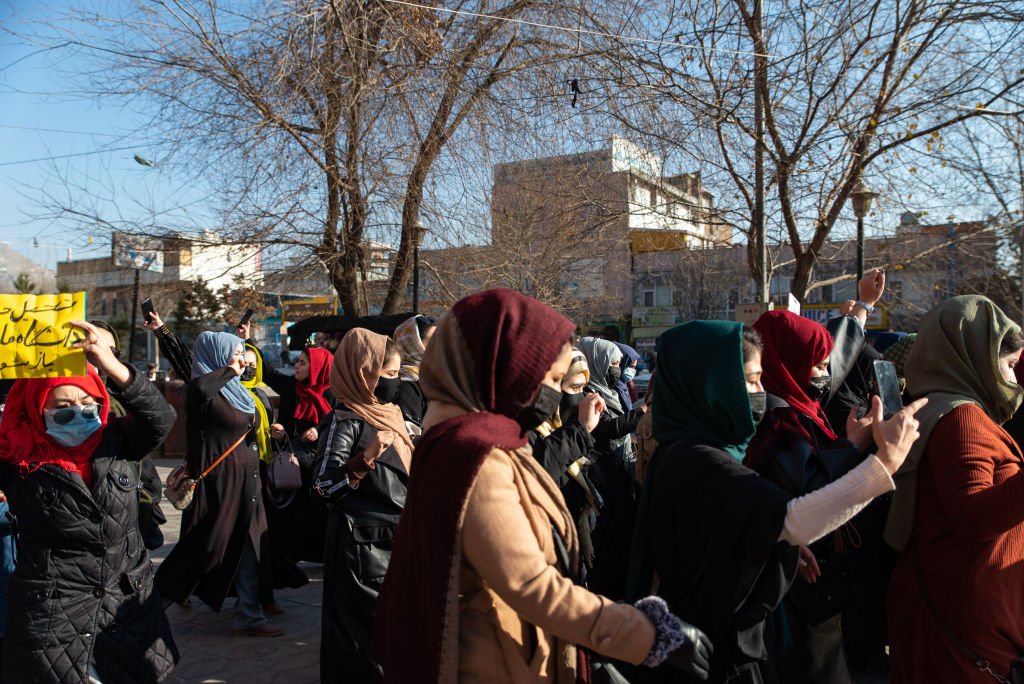Afghanistan has been ranked at the bottom of the Economist Intelligence Unit’s 2023 Democracy Index, scoring 0.26, a decrease from 0.32 the previous year.
The London-based think tank assessed democracy levels in 165 countries and two territories. It rated each on a ten-point scale based on electoral process and pluralism, government function, political participation, political culture, and civil liberties. Countries were then categorized into full democracies, flawed democracies, hybrid regimes, and authoritarian regimes.
Afghanistan’s score dropped from 2.85 in 2020 to 0.32 in 2022, placing it 165th out of 165 countries and two territories in the latest report. Afghanistan (0.26), Myanmar (0.85), and North Korea (1.08) are the three lowest-ranked countries.
The report noted that war and conflict are more prevalent among “hybrid regimes” and “authoritarian regimes,” contributing to their declining index scores. In 2022-23, conflicts included major wars, such as those between Ukraine and Russia, Armenia and Azerbaijan, and border clashes between Kyrgyzstan and Tajikistan, and Afghanistan and Iran.
Forty-nine countries were classified as “flawed democracies,” where fundamental civil liberties are upheld, and elections are generally free and fair, despite some issues.
Norway continues to lead the index with a score of 9.81, followed by New Zealand (9.61), Iceland (9.45), Sweden (9.39), and Finland (9.30).
The report also highlighted a slight increase in the number of democracies, up by two to 74 in 2023. However, the global average score fell to 5.23 from 5.29 in 2022, marking a continuous trend of regression and stagnation since the index’s inception in 2006.





